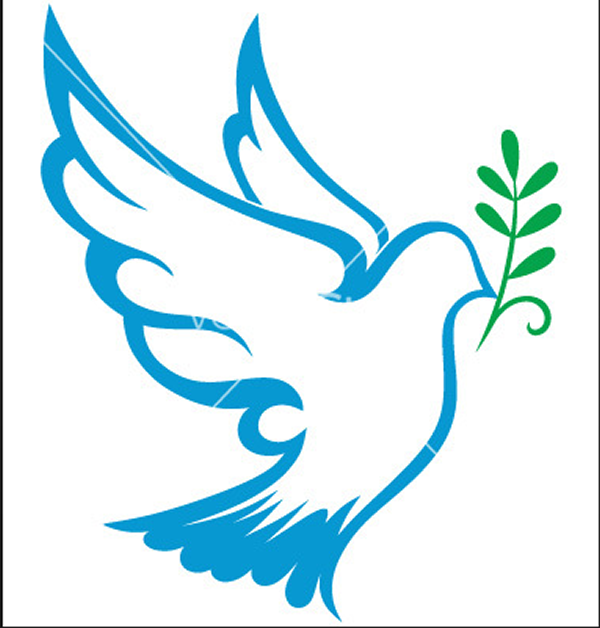Pope Francis is the first pope to visit a predominantly Muslim country, beginning a four-day visit in Baghdad, where yellow and white Vatican flags and likenesses of the pontiff flutter above buildings in the city. Prime Minister Mustafa al-Kadhimi welcomed Pope Francis at Baghdad International Airport, and President Barham Saleh welcomed him at the presidential palace, at which he gave the first speech of the visit. He also met with Grand Ayatollah Ali al-Sistani, the leader of Iraq’s Shiite Muslims on the third day of his visit.
As a diplomat, he was greeted with fanfare as he stepped onto the red carpet, and then by a choir as he entered the airport, just like any head of state, but more importantly, a Christian figurehead in a Muslim country. As the head of the Catholic Church, he addressed a room full of dignitaries, diplomats and civil society leaders, and spoke of Iraq’s religious, cultural and ethnic diversity as something to be treasured. In his speech that denounced violence, he spoke of terrorism and fundamentalism, which “has brought in its wake death, destruction and ruin.” He said: “The damage is so much deeper if we think of the heartbreak endured by so many individuals and communities,” a message few dignitaries would even think of giving in a country torn from so much war and unrest.
At an audience with the Christian community, Pope Francis arrived at the cathedral of Our Lady of Salvation to a zealous reception, where he addressed church leaders of various denominations.
Iraqi Christians trace their history almost back to the time of Jesus, and the Pope’s visit is long-awaited. Pope John Paul II had wanted to visit Iraq in 2000, but negotiations with former dictator Saddam Hussein failed. Many Chaledean Catholics see the visit as a blessing not only to Christians but to Iraq in general. Iraq’s Chaldean Catholic community have been the target of many Muslim extremists and many have died because of their fervour to proclaim Christ’s message to all.
Chaldean Christians have been practicing their faith as long as Filipino Christians. The Chaldean Church was established in 1552, while Christianity was brought by the Spanish to Cebu and embraced by Rajah Humabon in 1521. While the Filipino Catholics freely enjoy living their faith in Christ, Chaldeans Catholics struggle with it everyday in Iraq. Despite this, Pope Francis was able to celebrate Mass with two historically and culturally different groups of Catholics who were united in one purpose – to spread the Good News.
Pope Francis’ Mass in Rome on Sunday celebrating the 500 Years of Christianity in the Philippines recognized the vibrancy and dynamism of the faith in the Filipinos back home and the Filipino migrants all over the world. Attended by about 100 mostly Filipinos who live and work in Rome, the small number was due to pandemic restrictions, yet despite this, the eucharistic celebration began with a procession of a Filipino couple carrying the image of the Santo Nino and a wooden cross followed by women dancers. In his post-eucharistic greetings, Cardinal Luis Antonio Tagle expressed the gratitude of the Filipino migrants in Rome to the Pope “for leading us in this Eucharistic celebration in thanksgiving for the arrival of the Christian faith in the Philippines five hundred years ago.”
He added that the Filipinos treasure the Pope’s concern for them and for all migrants in Rome. The former Archbishop of Manila and now Prefect of the Congregation for the Evangelization of Peoples, expressed the gratitude of all Filipinos for the Pope’s closeness to the Filipinos. He ended his address by saying, “Here in Rome, when we miss our grandfathers, we know we have a Lolo Kiko. Thank you very much, Holy Father.”
In both the visit to Iraq and the Mass for the Filipinos all over the world, Pope Francis shows us how one can be a beacon of Light despite the darkness our world is in at the moment. As truth is suppressed and cancelled, the Pope gives us Hope that when we continue to shine the Light on others, people will eventually see the Light and carry it with them on their journeys as well.



